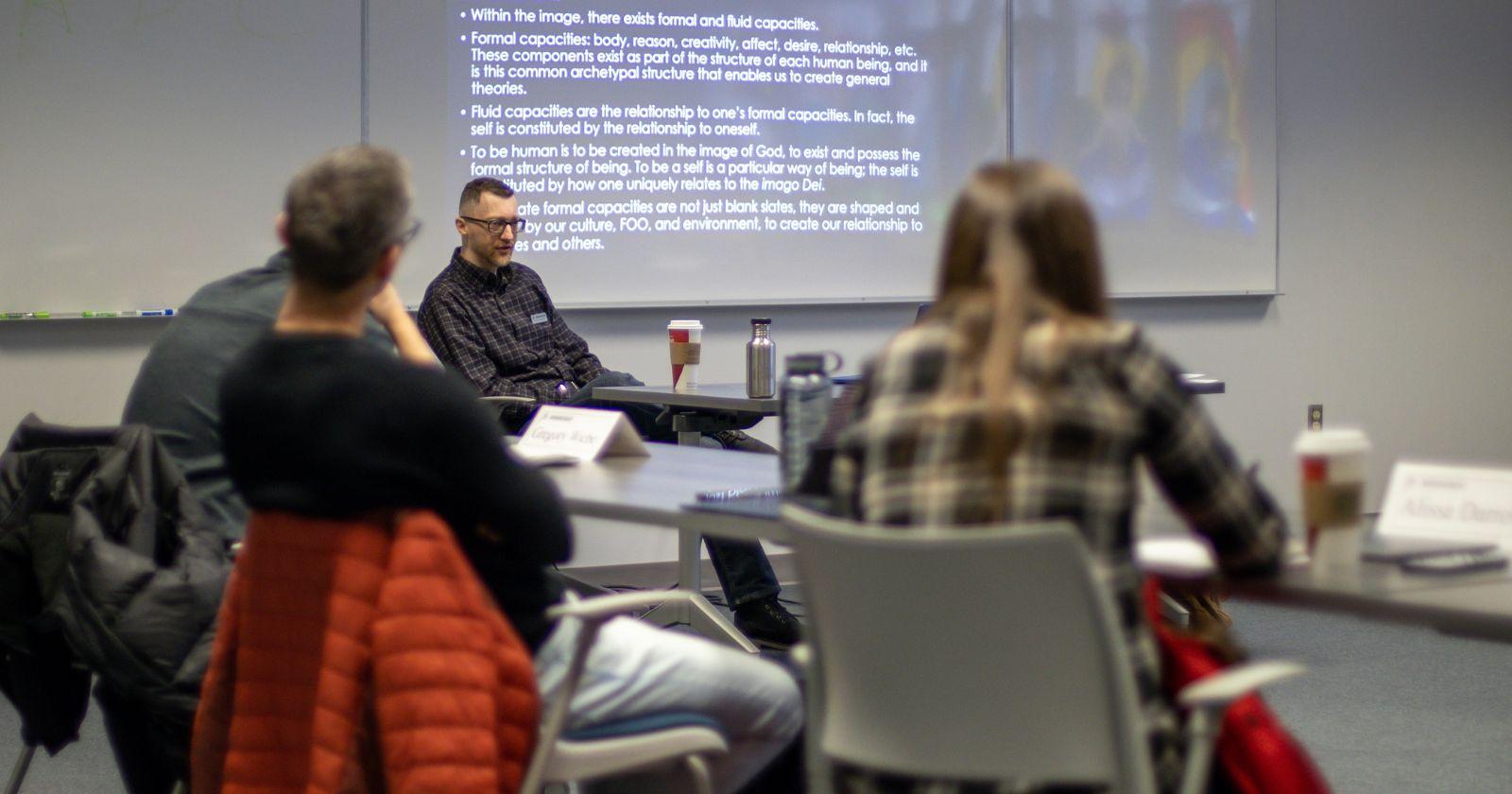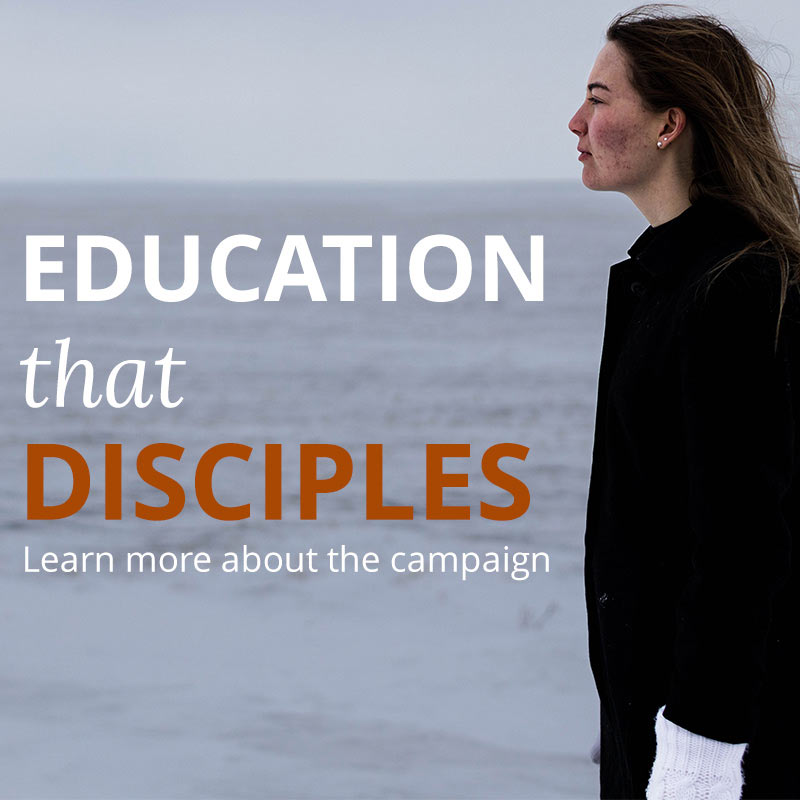Using the study area buttons below find detailed information about the courses being offered.
If you have questions about any of the courses please contact Academic Services.
Study Areas
- Academic Strategies
- Administration
- Anthropology
- Aramaic
- Biblical Studies
- Biology
- Business
- Chemistry
- Children's Ministry
- Christian Ministry
- Classics
- Communications
- Computer Science
- Dance
- Economics
- Education
- English
- English for Academic Purposes
- Environmental Science
- Family Studies
- Film Studies
- Fine Arts
- Geography
- German
- Global Studies
- Greek
- Hebrew
- History
- Humanities
- Indigenous Studies
- Interdisciplinary Studies
- Kinesiology
- Linguistics
- Mandarin
- Mathematics
- Music
- Pastoral Studies
- Philosophy
- Portfolio
- Psychology
- Religious Studies
- Sociology
- Statistics
- Thai
- Theatre
- Theology
- Women's Studies
- Worship Arts
- Youth Ministry
Education
-
EDUC 200 Introduction to Education
An introduction to the study of education and pedagogy. This class examines issues such as curriculum development, best practices regarding learning and teaching, and the role and responsibilities of the teacher in a multicultural and diverse environment.
-
EDUC 300 Foundations of Education
A critical examination of contemporary educational theories, policies, and practices, with particular attention to concerns common to schools and school systems in Canada and the United States.
-
EDUC 305 Education Pre-Internship (non-credit)
This program required pre-internship provides students in the Briercrest/Minot State education partnership programs with 20 hours of observation and volunteer work in schools.
Prerequisite: Have completed or are currently enrolled in PSY 381 Psychology of Human Development: Children
-
EDUC 310 Philosophy of Education
This course provides a philosophical analysis of classic, modern, analytic, and contemporary theories of education. Particular attention is paid to varying conceptions of the nature, scope, purpose, and social implications of education. Along with contemporary Christian philosophers of education, the major theorists to be studied may include Plato, Aristotle, Augustine, Locke, Rousseau, Kant, Dewey, Illich, Freire, Gadamer, and Palmer.
Cross-listed: PHI 300 Philosophy of EducationPrerequisite: PHI 100 Introduction to Philosophy I or PHI 101 Introduction to Philosophy II
-
EDUC 322 Exceptional Children
An examination of the disorders and learning exceptionalities most commonly diagnosed in childhood, with a focus on how specific academic, social and cognitive difficulties and challenges affect children and adolescents in their classrooms, homes, and communities. Some attention to giftedness will be given within the context of an inclusive educational model.
Cross-listed: PSY 322 Exceptional ChildrenPrerequisite: 6 credit hours of Psychology or permission of instructor
-
EDUC 450 Indigenous Epistemology and Pedagogy
An examination of Indigenous learning philosophies and instructional strategies, both of which demand an understanding of Indigenous epistemology. This course investigates Indigenous ways of knowing and being and the art of teaching and instructing in a manner that respects Indigenous protocols and knowledge.
Cross-listed: INDG 450 Indigenous Epistemology and Pedagogy -
EDUC 471 Educational Psychology
This course examines the application of social and psychological principles to the educative process; the role of the communicator and learner; motivation, intelligence, transfer, and measurement of learning; and the influence of cultural values and social structure upon education and educational institutions. Emphasis is also given to application of the principles of psychology to ministry.
Cross-listed: PSY 471 Educational PsychologyPrerequisite: 6 credit hours of Psychology


